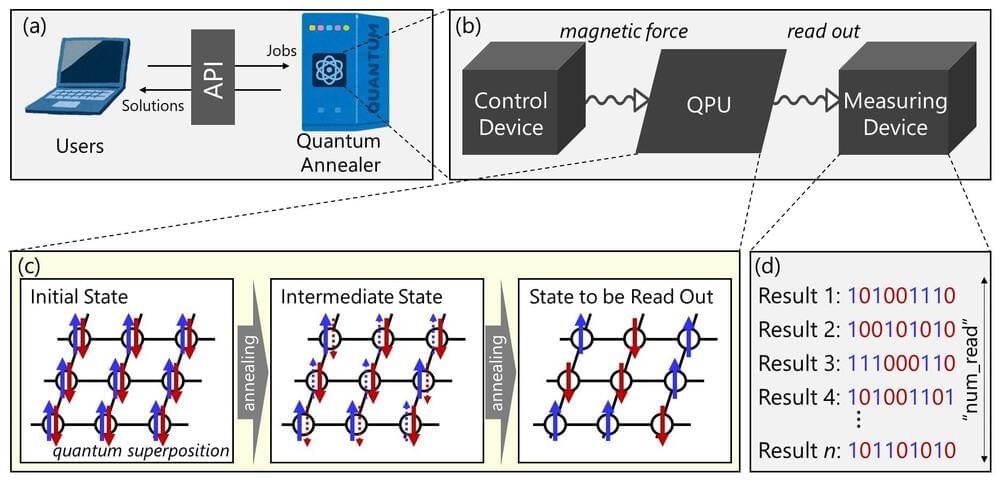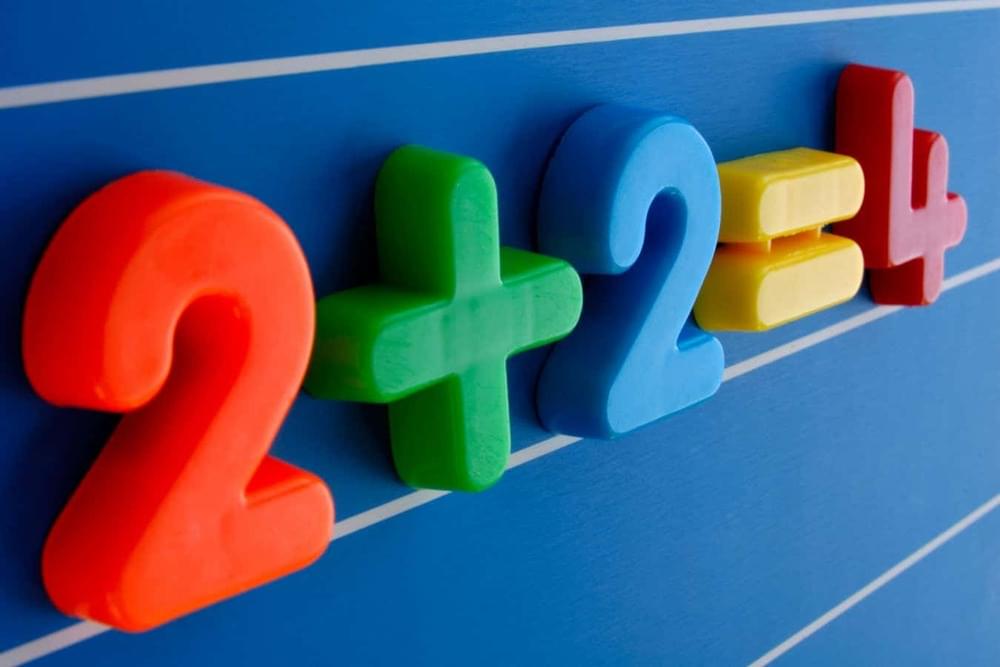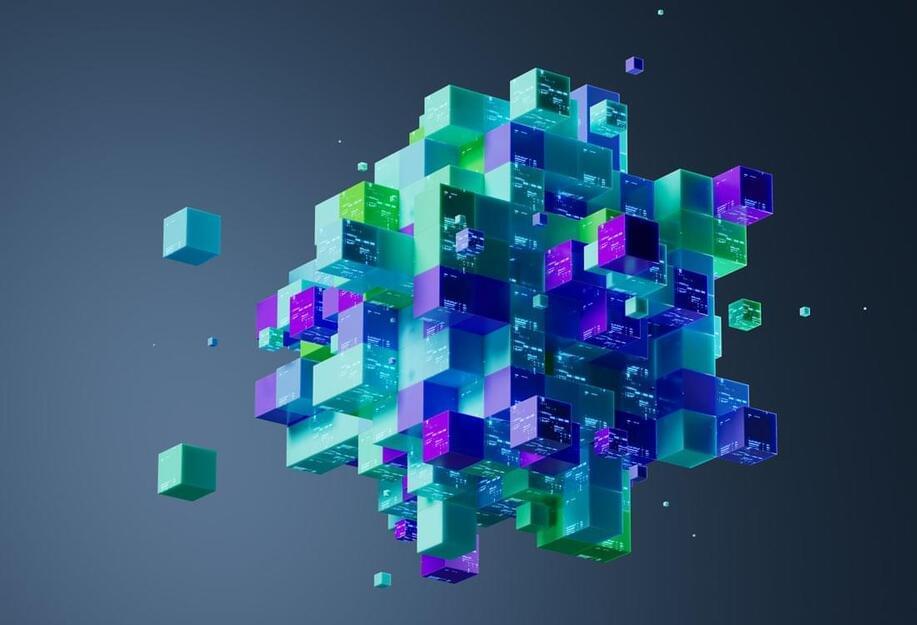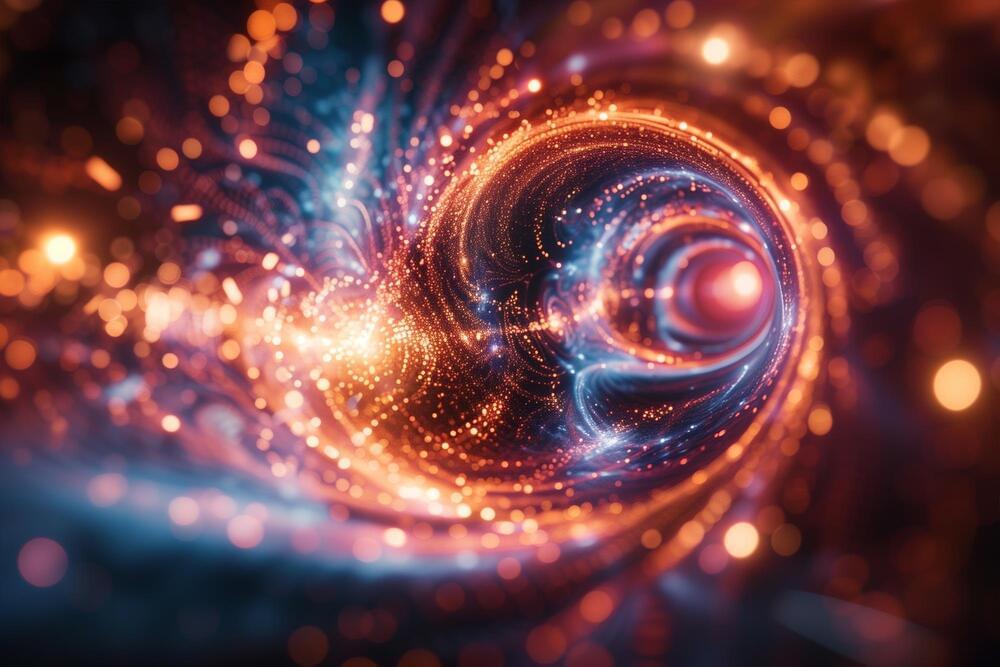Check out courses about science, computer science, or math on Brilliant! First 30 days are free and 20% off the annual premium subscription when you use our link ➜ https://brilliant.org/sabine.
The universe creates complexity out of simplicity, but despite many attempts at understanding how, scientists still have not figured it out. We do know that complexity relies on the emergence of new features and laws, but then again we don’t understand emergence either. The first step must be to clearly define what we are talking about and to measure it. A group of scientists now put forward a way to do exactly this. Let’s have a look.
Paper here: https://arxiv.org/abs/2402.
Correction to what I say at 04:07 \.






